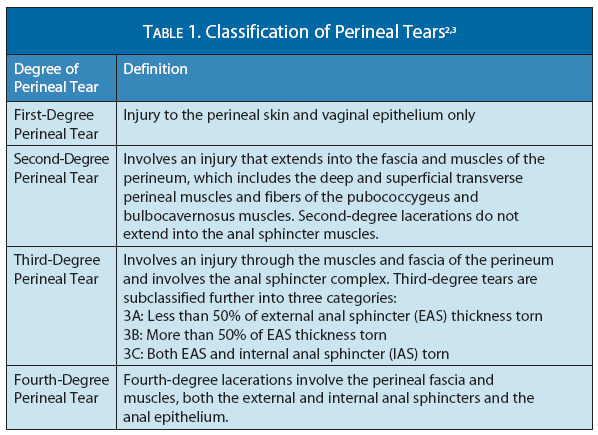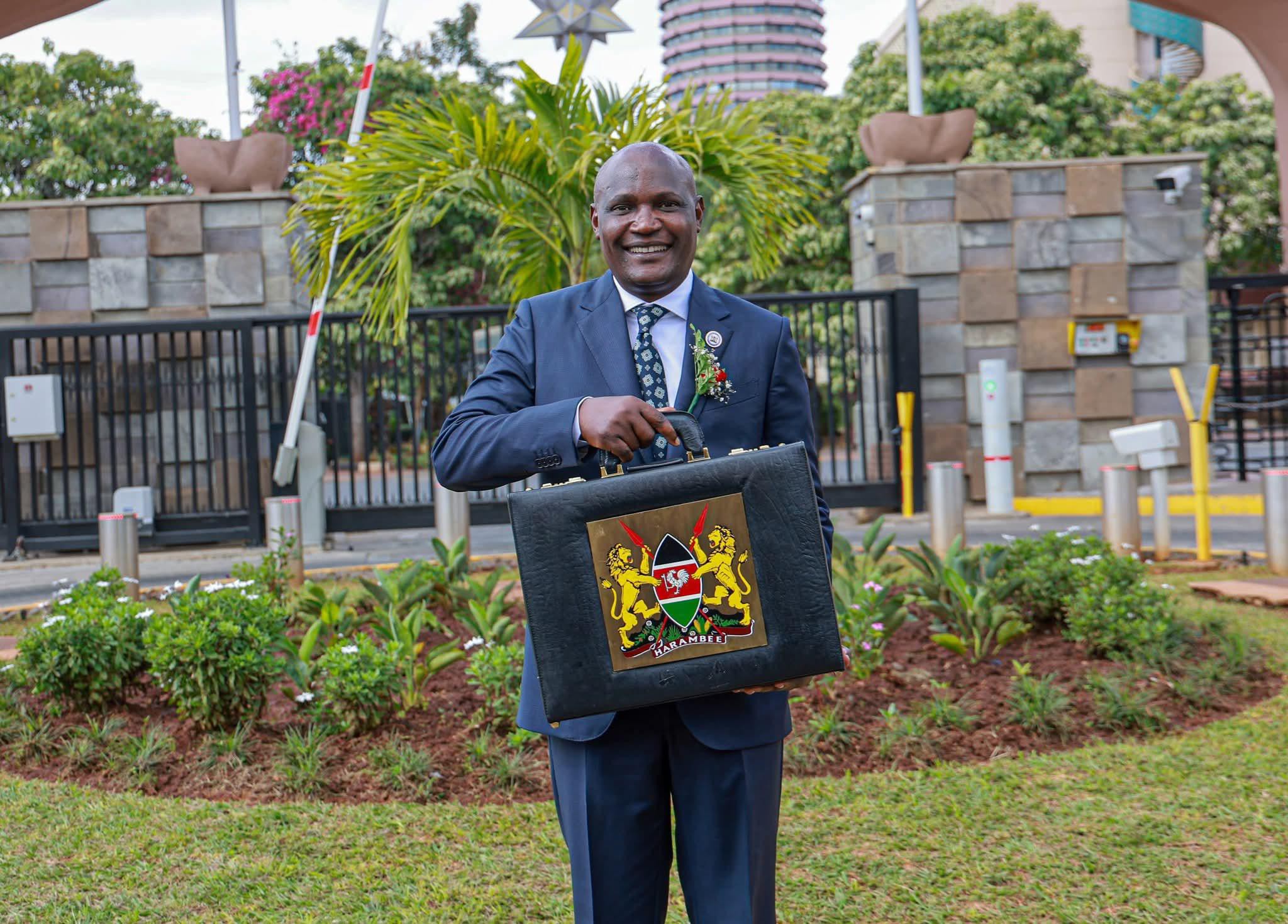INTERNATIONAL DAY to END OBSTETRIC FISTULA
An obstetric fistula occurs when a mother has prolonged, obstructed labour, but cannot access immediate medical care such as C-section. The labour pain can last for days and eventually, tragic labour leads to the death of the baby.
What happens during prolonged labour? When in prolonged labour, the mother’s contractions continually push the baby’s head against her pelvis. As a result, soft tissues caught between the baby’s head and her pelvic bone become compressed, restricting the normal flow of blood.
Inadequate blood supply leads to sections of tissues dying and leaving small holes called fistulae between the mother’s birth canal and bladder or rectum. These holes cause incontinence and when untreated, the woman leaks stool and urine uncontrollably and sometimes both for the rest of her life.

Moreover, severe perineal tears are another devastating injury that can occur when a woman in labour does not have access to adequate care. The effects of this injury—a tearing to the anal sphincter muscle—leaves a woman incontinent of poop.
This year’s International Day to End Obstetric Fistula held on 23rd May focused on adopting a solution to end fistula by 2030. The theme was to End Fistula Now, by investing in quality healthcare and empowering communities. Although Obstetric fistula is a development and public health issue, it is also a human rights issue, one that grants everyone the right to health and a life of dignity.

